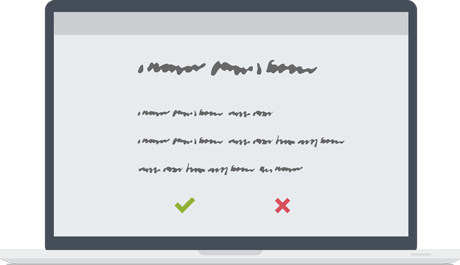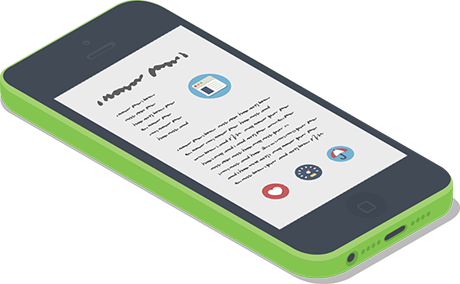GCSE Maths Exam
If there’s one subject students either love or hate, it’s GCSE Maths.
Maths may not be your favourite subject but it doesn’t mean that you can’t solve that quadratic equation or find out the probability of winning the lottery. Answering GCSE maths exam questions becomes easier with practice, and here’s where the silver lining lies – even if you don’t get all the answers correct, you get marks for your rough work. It’s not all bad!
If you’re one of the many students that struggles with the maths, this guide will help you understand how to apply your knowledge in the GCSE maths exam.
Below we outline the structure of the subject, share with you some great free Maths Study Courses and resources and give you the best revision and exam tips.
Sign up for more GCSE Maths ResourcesTop Free Maths Revision Courses:
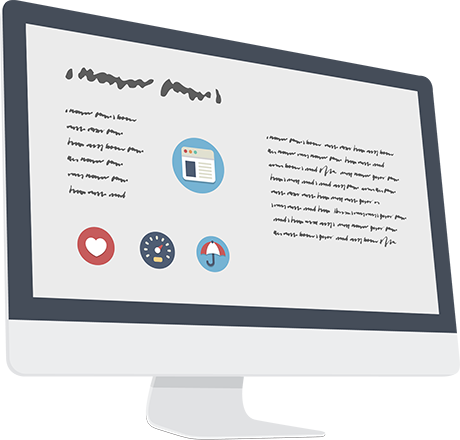
GCSE Maths Subject Overview
With new specifications introduced in 2017, the GCSE Maths exam content is more challenging with more emphasis placed on problem-solving. The subject is assessed by exam only and students are expected to learn mathematical formulae by heart, and apply their knowledge and reasoning to provide clear mathematical arguments.
The following Mind Map gives a complete overview of the curriculum.
We will explore these sections in more depth:
- Algebra and Number
- Geometry and Measures
- Statistics and Probability
- Ratios, Proportion and Rates of Change
Keep reading to understand what to expect, what you need to know and to discover lots of useful revision notes.
Algebra & Number
Algebra is normally the first topic to be covered in maths as it provides the backbone of understanding for almost all of the other areas you will work on. The main areas you need to practice are:
- The Basics: This involves understanding how equations work and manipulating mathematical formula by rearranging expressions and forms. You need to know how to factorise, expand and simplify a range of equations including quadratic, factors and notations such as ab = a x b, 3y = y x y x y or 3 x y.
- Graphs: You will be required to know how to plot and coordinate graphs by interpreting equations using the form y = mx + c as well as linear and quadratic functions. In the case of certain graphs such as financials, you may be asked to interpret your findings in a couple of sentences.
Sample Algebra & Number Resources:
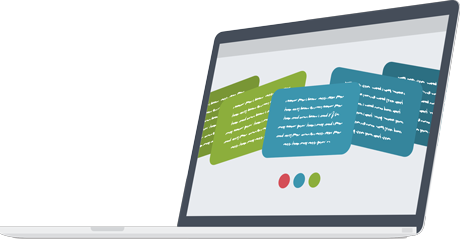
Algebra & Number
Sequences: This section asks you to use sequences including quadratic and Fibonacci sequences (see Mind Map above). You will also need to know how to calculate the nth term of linear and quadratic sequences.
The Number section fits in well with Algebra but you will carry most of this knowledge over from previous study. This includes being able to work interchangeably with fractions and decimals, using different measures for length and time plus understanding how to interpret integers in different forms such as powers, roots and fractions.
Join GoConqr Now, It’s Free!Geometry & Measures
There’s a lot more to Geometry than using your compass which including measurement, theorems, vectors and even more formulae. Here’s what you need to know for your exam:
- The Basics: The first thing you need to learn is how to construct shapes, lines and angles. You need to be able to define properties of shapes such as a tangent, arc and sector of a circle as well as interprete 3D shapes.
- Calculation: Here’s where the rough work comes in. There are geometric equations such as Pythagoras’ theorem and trigonometric ratios you need to know and be able to apply. Practice definitely required!
- Vectors: When approaching vectors, it’s vital you understand how to describe a vector in terms of magnitude (how long it is) and direction. You will also need to know how to add, subtract and multiply vectors.
Geometry Study Resources Examples:
Get Started with these Resources:
Statistics & Probability
These two sections usually come as a pair but there is a contrast between the way you approach and comprehend them. However, there are some similarities which crossover as both involve visuals such as tables, charts and diagrams.
Below is a run-down of what you should know for the exam:
- Statistics: Along with creating visuals which you will need to interpret, you will work with sampling as a method of data collection. For example, you will need to know about distribution of a sample in terms of age or gender.
- Probability: For this unit, you will be asked the outcome or probability of a certain event occurring. To apply this well, get your head around the idea of randomness and chance by testing yourself with different scenarios as much as you can.
Ratios, Proportion and Rates of Change
By this stage of your GCSE maths exam revision you’re bound to be tired. Don’t worry, there is light at the end of the tunnel! This last topic of ratios calls on a lot of the knowledge you already know so you’re almost at the finish line. This areas consists of:
- Ratios: Expressing fractions as ratios should be easy for you now! You also need to relate ratios to fractions and linear equations. Understanding and relating proportion to ratios will also be studied here.
- Measurement: There are numerous units of measurement so you need to be able to translate these interchangeably. This could be relating measurements such as area, length, mass.
- Rates of Change: The difficult part of this section is being able to solve and interpret rates of change in terms of numbers, algebraic equations and graphs. An example of this interpreting answers in growth and decay problems.
Here's Some Useful Resources:
Maths Revision & Exam Tips
Do you want to me one of the 3% of students who get a grade in GCSE Maths? This advice can help!
Here are some revision tips that will specifically help you prepare for your GCSE maths exam:
1. Get to Know Maths Formulae
Don’t put unnecessary pressure on yourself by bogging yourself down in the basics. Understand which maths formulae you need to memorise and which ones you don’t. This set of flachcards has ALL the equations you need to know by heart for the new GCSE Maths curriculum.
Maths Study Advice
2. Create a Revision Plan
Organising your study routine with a revision timetable has a multitude of benefits as it can boost your motivation, help your manage your workload and reduce stress.
3. Focus on your Weak Areas
If you prefer to solve quadratic equations rather than working with vectors, it doesn’t mean you should spend all your time figuring out the value of x. Building your revision timetable will help you divide your time in the best possible way so you don’t avoid the topics you hate.
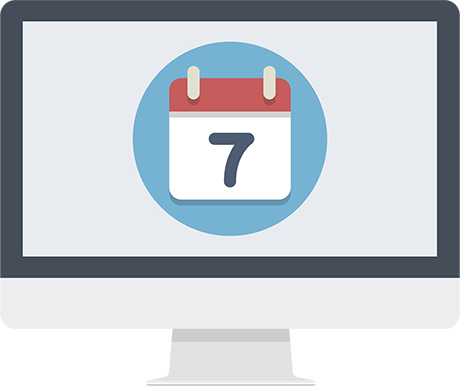
Remember to...
4. Test Yourself Regularly
Reviewing your knowledge at regular intervals is the only true way to gauge if you fully know and understand what you have learned previously. There are several ways you can do this such as testing yourself with friends or trying to recite theory back. We recommend using Flashcards and Quizzes to quickly check to review and test yourself.
5. Practice, Practice, Practice
With GCSE Maths the best way you can get ready for your exam is to practice as many past exam papers and questions as you can. You can use past papers to make revision quizzes on GoConqr to test yourself and your friends. Try to work through the questions without referring to the answers provided to help you get used to exam conditions.
Your Secret GCSE Maths Weapon
The most re-assuring piece of advice ever given is the following – “you are not alone!”.
Not only have we here at GoConqr got your back, but thousands of other GCSE students just like you are there to help you to.
How? On GoConqr we now have thriving online communities that students use to share study resources, external links or just discuss issues. The GCSE maths groups is up and running, so you can remain up to date with what’s happening and seek the help and guidance you require.
Join the GCSE Math GroupTake a look at our other subjects pages for even more learning resources, study tips and exam help.
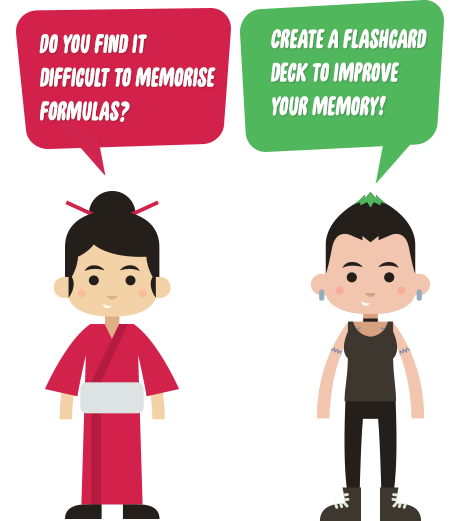
 Previous:
GCSE History Revision
Previous:
GCSE History Revision 